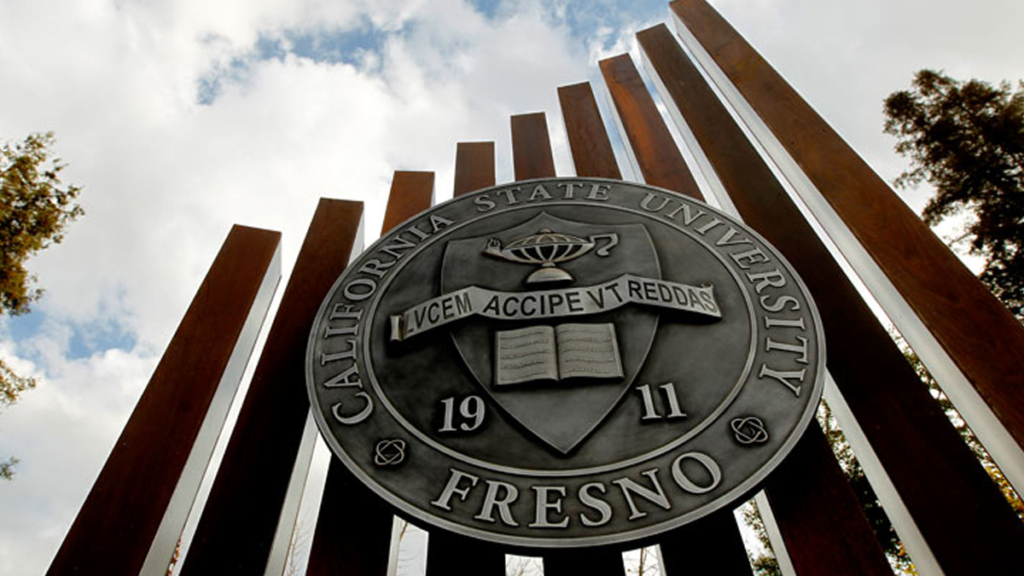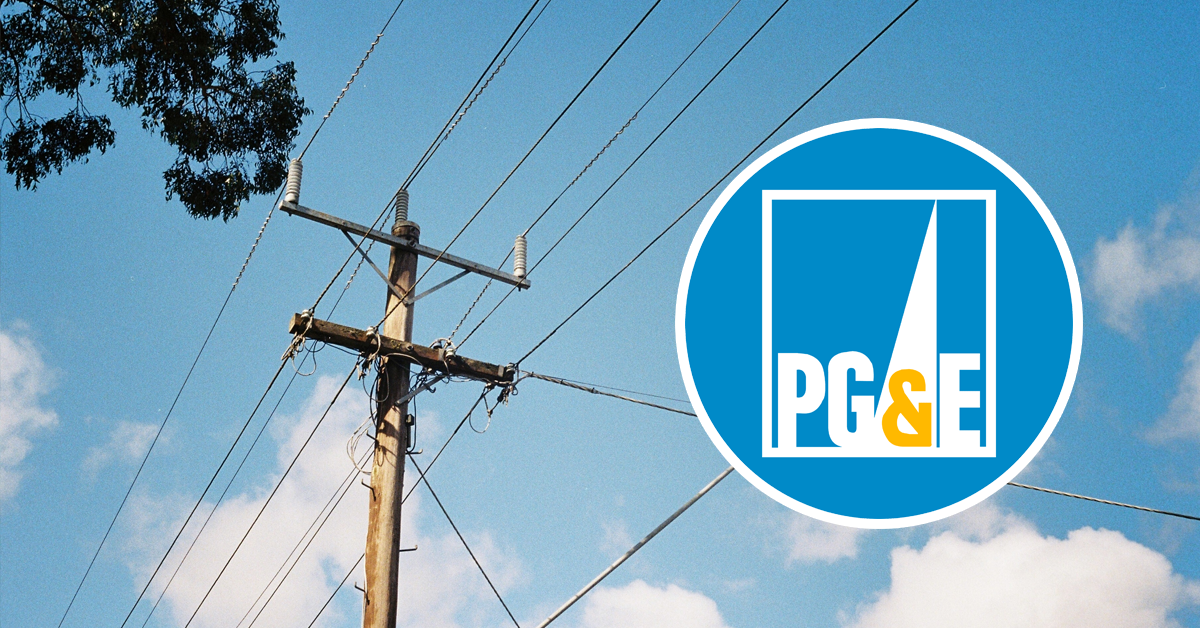Utility bills for much of the Central Valley and northern California are well on the way to increasing in the name of reducing wildfire risk.
The changes will likely come at the hands of a judge in the near future, determining what customers will pay Pacific Gas and Electric (PG&E) every month.
The backstory: Every four years the California Public Utilities Commission conducts a review of PG&E to determine the rates that the utility can charge its 16 million customers.
- The CPUC was set to make its decision last year, but PG&E changed its application to request to bury power lines and to increase utility rates because of inflation and taxes.
- PG&E asked the CPUC for rate hikes to increase its revenue by 26 percent.
Driving the news: The CPUC released two proposals for PG&E’s rate increases on Wednesday, which would increase the utility’s revenue by either 13 percent or nine percent.
- PG&E is asking for rate increases to pay for its plan to bury around 2,100 miles of power lines underground to protect against future wildfires. The utility was found responsible for its exposed power lines starting the 2018 Camp Fire, which killed 85 people.
- While both of the CPUC’s proposals would increase utility rates, PG&E would only be able to bury under 1,000 miles of power lines.
- The CPUC will consider both plans during a meeting scheduled for Nov. 2.
What they’re saying: Ratepayer advocate The Utility Reform Network has offered a different solution for PG&E to keep rates from increasing: insulating the power lines instead of moving them underground. Advocates argue that PG&E could save money and protect more lines through insulation.
- “[B]oth proposed decisions adopt substantial and painful increases to monthly bills, far beyond the cost of inflation, which (we believe) should be a cap for bill increases,” The Utility Reform Network Executive Director Mark Toney told the Associated Press.











